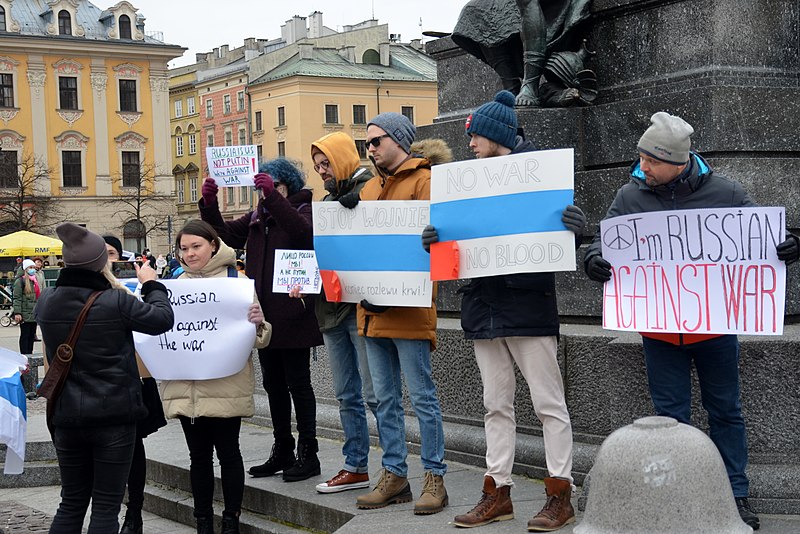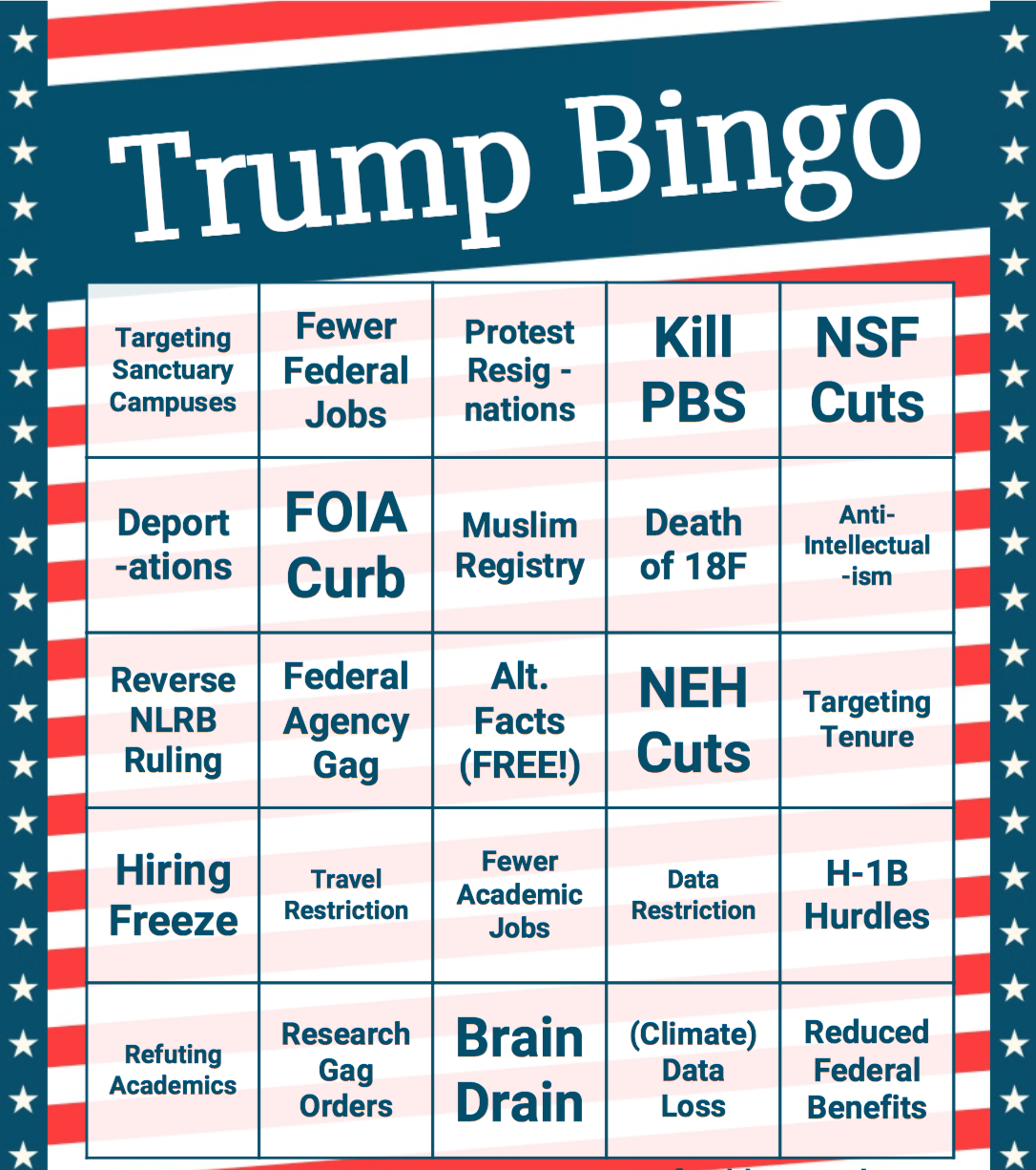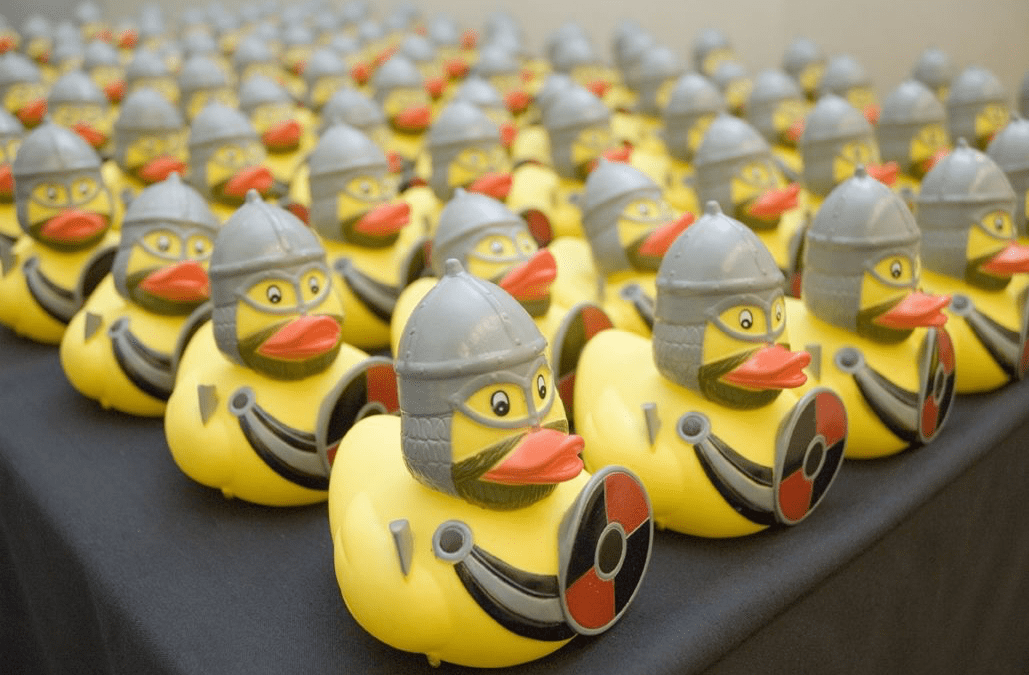The security dilemma plays a central role in Walt and Mearsheimer’s reading of Russia’s invasion of Ukraine. But what if they get the security dilemma wrong?


The security dilemma plays a central role in Walt and Mearsheimer’s reading of Russia’s invasion of Ukraine. But what if they get the security dilemma wrong?
Klimentyev, RIA Novosti. Sing it with me: It’s the most Putinist time of the year! For the 16th time the Dear Leader addressed the nation and the world from through their TV screens during a...

This is guest post from Philipp Schulz, a Post-Doctoral Researcher at the Institute for Intercultural and International Studies (InIIS) at the University of Bremen. His work focuses on the...

https://www.youtube.com/watch?v=iKQ4-AHgFEs I opened up my twitter feed two weeks ago to some terrible news: our friend Sean Kay died suddenly. I literally cried out "Oh no" and wept for my friend....
Will Moore decided to punch out, as he put it. He left behind devastated friends, co-authors and students as well as family. I have been trying to put into words how I feel today. Will was upstaged by his suit I have known Will since I was a visiting assistant professor long ago. He and I were part of several workshops aimed at producing an edited volume--the finest one of my career. His feedback on my work then and his intense desire to produce excellent work were both very helpful as I was just getting going. Since then, we would chat at most conferences, and recently we started a...
.@APSAtweets @MPSAnet @isanet We are losing colleagues to depressive disorders, & many others suffer silently. The pressure in our profession is insane & often unhealthy. — Laura Seay (@texasinafrica) April 19, 2017 Take care of yourselves political scientists. Hug a loved one. Phone a friend. Get outside. Get help if needed. — Josh Busby (@busbyj2) April 19, 2017 RIP Brother Will (Moore)! It's said that we stand on the shoulders of giants. Sometimes we are lucky enough to stand next to them. Peace — christian davenport (@engagedscholar) April 19, 2017 There have been some high...
There’s a new article today on Inside Higher Ed that talks about recent research in the journal Research in Higher Education on discrepancies in faculty service loads. Not surprisingly, the article finds that “women faculty perform significantly more service than men.” I think this is known; it’s why a lot of women are counseled to just say “no” whenever possible. As the article states, women are just more likely to “take care of the academic family.” Groan. What is, perhaps, somewhat surprising are the differences in the types of service that women and men perform. Women are more likely...
Even though ISA provided some much-needed group therapy, in the end we still need to grapple with and teach about #45. I was inspired by some ideas in syllabi 1, 2, and 3, but I also needed some background information and topics that are geared towards a non-American audience. On top of it, I left the theme of one session open for the students to decide on. So below is roughly what my students are in for at the University of Bremen. Any ideas how to improve it? Unit 1: Sources DEMAGOGUERY AND DEMOCRACY Finley, M. (1962). Athenian Demagogues. Past & Present, (21), 3-24. Further reading:...
I have regularly seen stuff online or in academic publications complaining about professionalization and what it has meant for Political Science. The basic idea is that things were great before people became focused on stuff like citation counts, which has led to all kinds of perverse incentives. The main complaint, it seems, is that scholars will try to game citations and this will force them into bad habits and away from good work, like thinking big thoughts (grand theory). To be sure, as John Regehr illustrated so well, academics are smart at gaming systems: While the first one listed...
Robert Kelly used to blog here before he made the big-time on the BBC, so here's a salute via Friday nerd-blogging. BEAUTIFUL pic.twitter.com/EQo7JJJ8gW — Lindsey B (@lindseybieda) March 17, 2017

This is a guest post from Ariya Hagh, Andrew Szarejko, and Laila Wahedi. All three authors are doctoral students in Georgetown University’s Department of Government. Author order is alphabetical by last name. In a December 2016 post here at the Duck of Minerva, we considered how a Trump presidency might affect doctoral students within our discipline. We necessarily relied upon statements that Donald Trump and his advisors made before the inauguration. Now that we are more than a month into the presidency, it is worth revisiting our claims to see what we got right and what we missed, while...

In my previous post, I started a discussion about full-time contingent faculty in the profession. Given that contingent faculty work is very much gendered, I wanted to continue that discussion today with a focus on how the discipline at large can better serve the growing ranks of faculty working off the tenure track. Most of the data I presented in my last post came from the American Political Science Association (APSA) and examined the outcomes for job-seekers on the U.S. job market. As you may recall, one of the big takeaways was that early career scholars on the job market are now more...